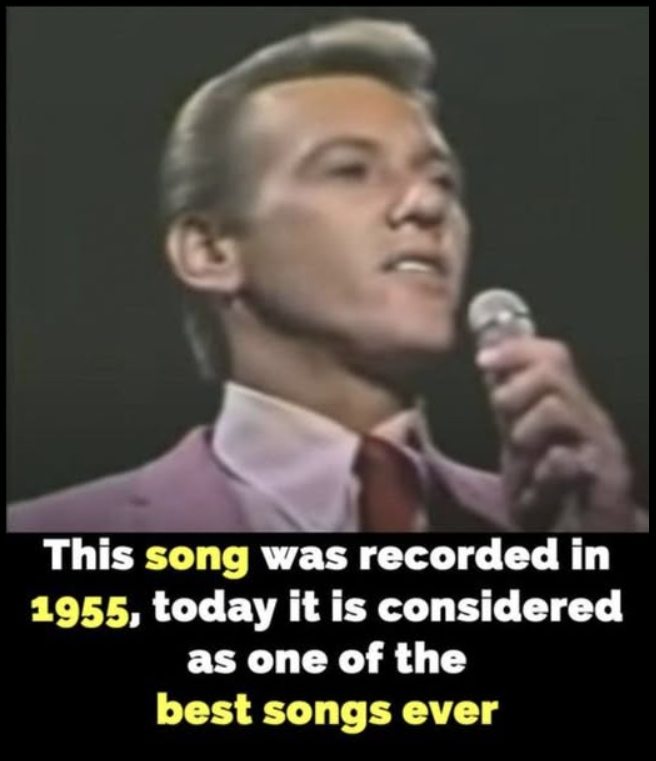“Unchained Melody”: From Obscure Film Score to Timeless Classic
Originally composed in 1955 by Alex North with lyrics by Hy Zaret, “Unchained Melody” was created for the prison drama Unchained—a film that faded into obscurity. Yet the song, first performed by classically trained baritone Todd Duncan, stood out immediately. With its sweeping melody and haunting lyrics about love and longing, it quietly began to make its mark.Although the film itself was soon forgotten, the song endured. Its theme of deep emotional separation resonated across generations, cultures, and genres. Over time, “Unchained Melody” has been covered more than 670 times in multiple languages, becoming one of the most recorded songs of the 20th century. Legendary artists like Elvis Presley, Roy Orbison, and LeAnn Rimes have each brought their own style to the piece, reinforcing its lasting impact.
But no version is more iconic than the 1965 rendition by The Righteous Brothers. Sung by Bobby Hatfield and originally released as a B-side, the track unexpectedly gained massive radio traction. Its emotional pull helped it climb the charts and ultimately become a defining hit for the group.
A new wave of popularity came in 1990 when the song was featured in the blockbuster film Ghost. The now-famous pottery wheel scene between Patrick Swayze and Demi Moore, set to Hatfield’s soulful vocals, created an unforgettable cinematic moment. For many, this scene reintroduced the song as a cultural touchstone.Decades later, “Unchained Melody” continues to capture hearts around the world. Whether performed by orchestras, choirs, or solo artists with nothing more than a guitar, its message remains clear: love transcends distance, time, and even loss. The journey of this once-overlooked ballad proves that true emotion in music never goes out of style.
